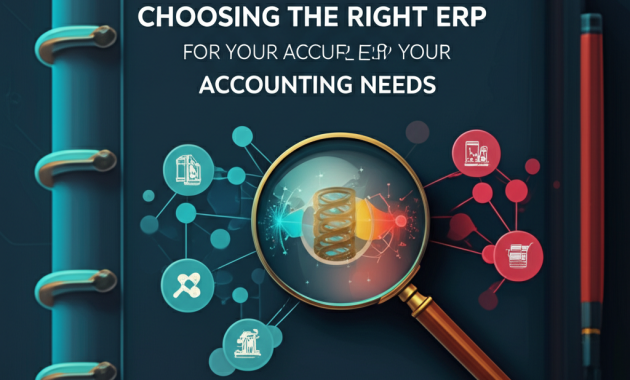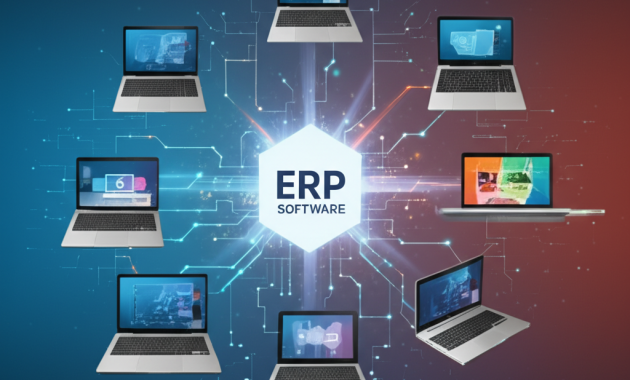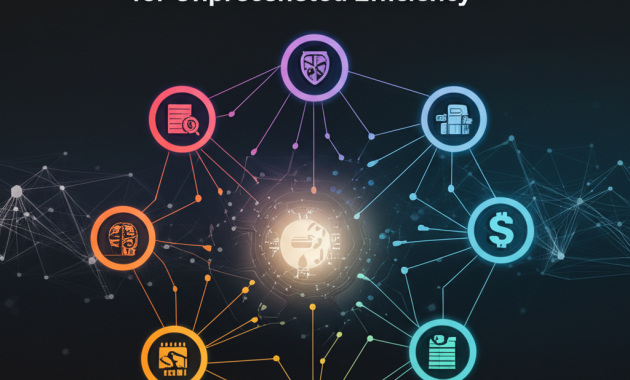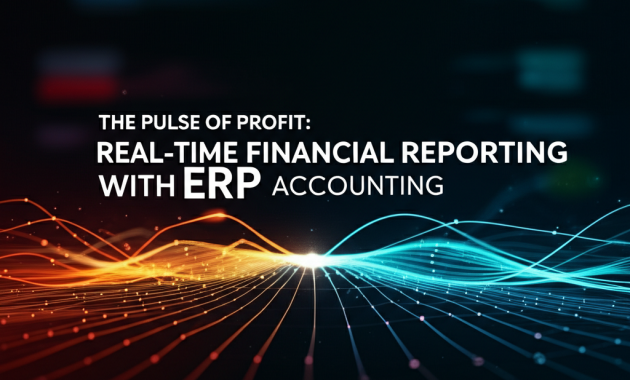In today’s fast-paced and technologically driven world, accounting software has become an essential tool for accountants. Gone are the days of manual calculations, tedious data entry, and cumbersome bookkeeping. Modern accounting software has revolutionized the way accountants work, making their tasks more efficient, accurate, and streamlined. In this article, we will explore the world of accounting software, its features, benefits, and the best options available for accountants.

What is Accounting Software?
Accounting software is a computer program designed to manage and automate various accounting tasks, such as financial statements, invoicing, billing, inventory management, and payroll processing. It provides a centralized platform for accountants to record, store, and analyze financial data, making it easier to prepare tax returns, balance sheets, and other financial reports.
Features of Accounting Software
Accounting software typically includes a range of features, such as:
- General Ledger: A general ledger is the core of accounting software, where all financial transactions are recorded and stored.
- Accounts Payable and Accounts Receivable: These features enable accountants to manage and track payments to vendors and customers.
- Invoicing and Billing: Automated invoicing and billing systems help accountants generate professional-looking invoices and track payments.
- Inventory Management: This feature helps accountants manage and track inventory levels, orders, and shipments.
- Payroll Processing: Many accounting software programs include payroll processing features, such as calculating salaries, taxes, and benefits.
- Financial Reporting: Accounting software generates various financial reports, including balance sheets, income statements, and cash flow statements.
- Tax Preparation: Some accounting software programs include tax preparation features, such as calculating tax liabilities and generating tax returns.
Benefits of Accounting Software
The benefits of accounting software are numerous, including:
- Increased Efficiency: Accounting software automates many tasks, reducing the time and effort required to complete accounting tasks.
- Improved Accuracy: Automated calculations and data entry reduce the risk of errors and inaccuracies.
- Enhanced Security: Accounting software provides robust security features, such as encryption, access controls, and backup systems, to protect financial data.
- Scalability: Accounting software can grow with a business, adapting to changing needs and requirements.
- Cost Savings: Automated accounting tasks reduce the need for manual labor, resulting in cost savings.
Types of Accounting Software
There are several types of accounting software available, including:
- On-Premise Accounting Software: Installed on a local computer or server, on-premise software requires manual updates and maintenance.
- Cloud-Based Accounting Software: Cloud-based software is hosted online, providing anytime, anywhere access and automatic updates.
- Hybrid Accounting Software: Hybrid software combines on-premise and cloud-based features, offering the benefits of both.
Best Accounting Software for Accountants
Some of the best accounting software programs for accountants include:
- QuickBooks: A popular and widely used accounting software, QuickBooks offers a range of features, including invoicing, billing, and payroll processing.
- Xero: A cloud-based accounting software, Xero provides real-time financial data, automated invoicing, and inventory management.
- Sage: A comprehensive accounting software, Sage offers features such as financial reporting, budgeting, and forecasting.
- Zoho Books: A cloud-based accounting software, Zoho Books provides automated invoicing, payment tracking, and inventory management.
- FreshBooks: A cloud-based accounting software, FreshBooks offers features such as invoicing, billing, and time tracking.
Frequently Asked Questions (FAQs)
- What is the best accounting software for small businesses?
The best accounting software for small businesses depends on specific needs and requirements. However, popular options include QuickBooks, Xero, and Zoho Books. - Is cloud-based accounting software secure?
Yes, cloud-based accounting software is secure, with robust security features such as encryption, access controls, and backup systems. - Can accounting software be used for tax preparation?
Yes, some accounting software programs include tax preparation features, such as calculating tax liabilities and generating tax returns. - What is the cost of accounting software?
The cost of accounting software varies depending on the program, features, and subscription plan. Prices can range from a few dollars per month to several hundred dollars per year. - Is accounting software easy to use?
Most accounting software programs are user-friendly, with intuitive interfaces and comprehensive tutorials. However, some programs may require training or support to get started.
Conclusion
In conclusion, accounting software has revolutionized the way accountants work, providing a range of features, benefits, and options. Whether you’re a small business owner or a large enterprise, there’s an accounting software program to suit your needs. By automating accounting tasks, reducing errors, and improving efficiency, accounting software has become an essential tool for accountants. When choosing an accounting software program, consider factors such as features, cost, security, and scalability. With the right accounting software, accountants can focus on higher-level tasks, such as financial analysis, budgeting, and strategy, driving business growth and success. As the accounting industry continues to evolve, it’s essential for accountants to stay up-to-date with the latest accounting software trends and technologies, ensuring they remain competitive and efficient in an ever-changing landscape.
Closure
Thus, we hope this article has provided valuable insights into The Evolution of Accounting Software: A Comprehensive Guide for Accountants. We thank you for taking the time to read this article. See you in our next article!



